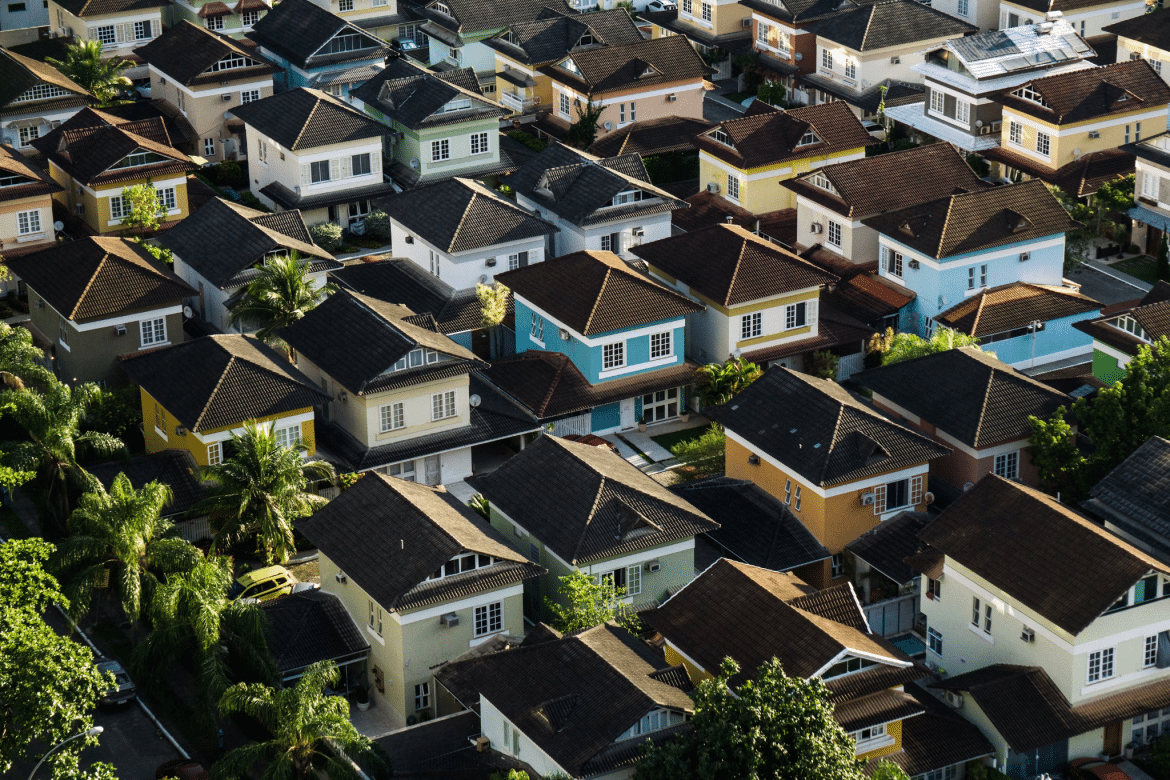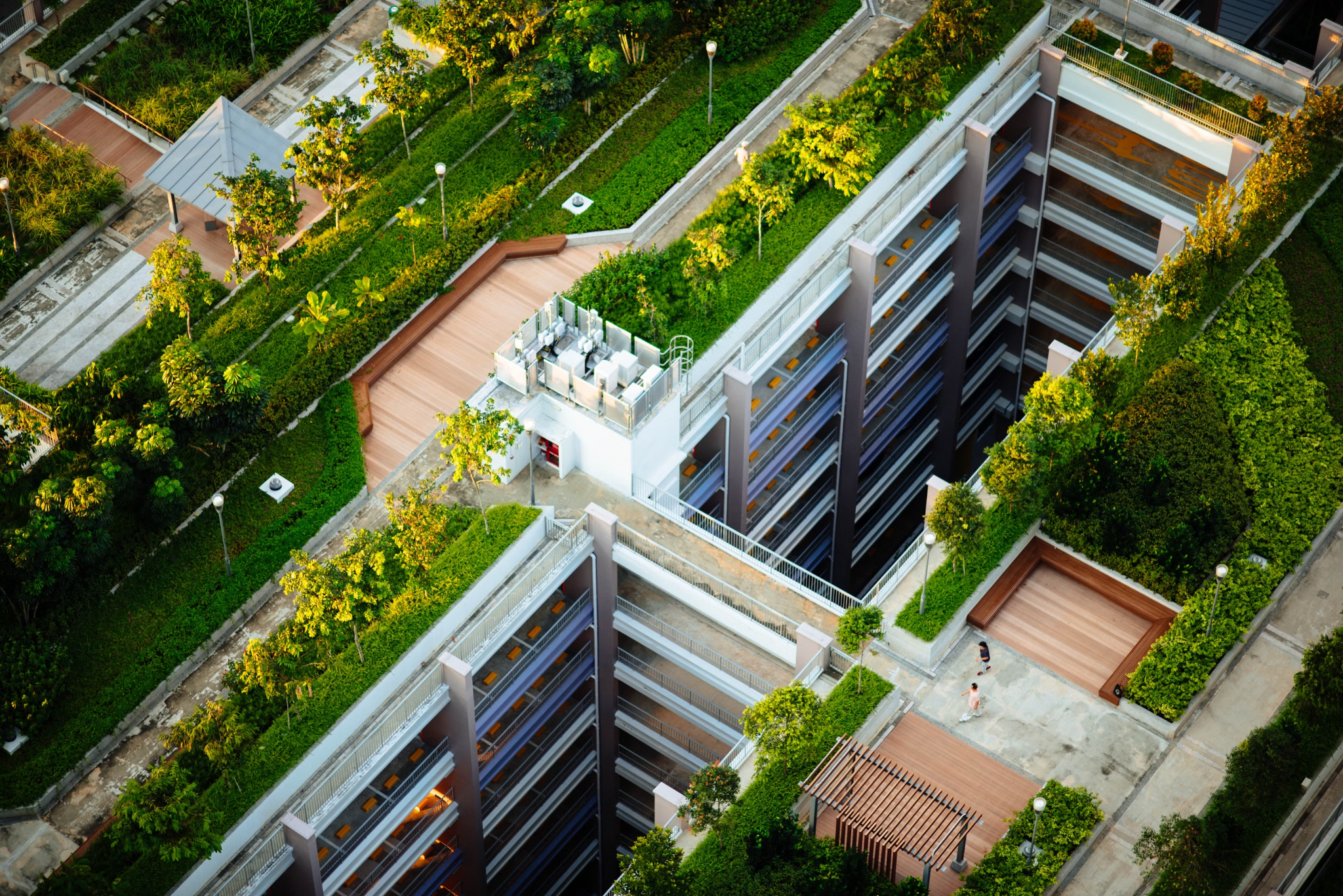The integration of eco-friendly innovations into property development is not just a trend; it’s a necessity. As urban areas expand, the imperative for sustainable practices that ensure environmental, economic, and social resilience becomes undeniable.
This exploration delves into how eco innovations contribute to sustainability and enhance the resilience of property markets. We’ll examine the roles of leadership, the impact of technological advancements, and the emerging trends shaping the future of eco-friendly property development.
Exploring the Benefits of Sustainable Building Practices
Sustainable building practices offer a myriad of benefits that extend beyond environmental conservation. Economically, these practices can lead to significant energy savings, reducing operational costs and increasing the long-term value of properties. Environmentally, they help in reducing carbon footprints and managing resources more efficiently.
Socially, sustainable buildings improve occupant health and well-being by using non-toxic materials and optimising natural light, which enhances living and working environments. This holistic approach not only supports the planet but also promotes a higher quality of life.
The implementation of green building standards and certifications, such as LEED or BREEAM, serves as a testament to a property’s sustainability. These certifications often lead to higher rental rates and property values, making sustainable building practices a wise investment. Moreover, these practices can attract tenants and buyers who are increasingly environmentally conscious, thus securing a market advantage.
Eco Innovations in Action
Around the globe, various markets have embraced eco innovations with remarkable results. In Scandinavia, for example, the integration of energy-efficient technologies and green roofs in residential and commercial buildings has set a high standard for sustainability. These innovations not only reduce energy consumption but also enhance the aesthetic and ecological value of the buildings.
In Asia, countries like Singapore have implemented extensive green building frameworks that encourage vertical greening systems and the use of recycled materials. These initiatives have not only improved urban air quality but have also promoted biodiversity within city centres.
The success of these projects provides valuable insights into the scalability and impact of eco innovations in densely populated urban environments.
Technological Advances in Eco-Friendly Property Development
The field of property development is witnessing a surge in technological innovations that promote sustainability. Smart building solutions, for instance, utilise IoT sensors and AI to optimise energy use, water management, and even waste disposal. These technologies not only reduce the environmental footprint of buildings but also offer a more interactive and responsive living environment for occupants.
Renewable energy systems, such as solar panels and wind turbines, are becoming more integrated into the architectural designs of new buildings. These systems are not only environmentally friendly but also cost-effective in the long run, providing a sustainable power source that decreases reliance on fossil fuels.
Leadership Driving Change
Leadership plays a pivotal role in driving eco innovation within the property market. Jason Twill, an innovator in sustainable urban development, has been instrumental in leading urban regeneration initiatives that focus on creating resilient and sustainable communities. His projects often incorporate green spaces and renewable energy solutions, setting a benchmark for sustainable urban planning.
Jonathan F.P. Rose, the president of a green real estate policy, planning, development, and investment firm, has also made significant contributions. His firm focuses on creating environmentally responsible urban solutions, integrating affordable housing with sustainable practices. This holistic approach not only addresses environmental issues but also tackles social challenges, such as housing affordability.
Similarly, Sandrina Postorino, as Managing Director of Trinity Ventures and Crissan Property Pty Ltd, directs investments towards environmentally impactful Australian companies, showcasing how strategic leadership can significantly advance sustainability in the property sector.
Challenges and Solutions in Implementing Eco Innovations
While the benefits of eco innovations are clear, their implementation often faces several challenges. High upfront costs can deter investors and developers from adopting sustainable practices, despite the long-term savings and benefits. Additionally, regulatory barriers can impede the integration of new technologies and practices, slowing down progress.
To overcome these challenges, it is essential to foster partnerships between the public and private sectors. Government incentives and subsidies can reduce the financial burden of adopting eco innovations, making them more accessible. Moreover, updating building codes and regulations to support sustainable practices can accelerate their adoption.
Trends in Eco-Friendly Property Development
The future of eco-friendly property development looks promising, with several trends shaping its trajectory. Consumer preferences are increasingly leaning towards sustainable living, driving demand for green buildings. This shift is likely to continue as awareness of environmental issues grows and as more people seek healthier living environments.
Regulatory changes are also expected to play a crucial role. As governments around the world set more stringent environmental targets, property developers will need to align their practices with these new standards. This regulatory push will likely accelerate the adoption of sustainable technologies and practices in the property sector.
Engaging Stakeholders
As we move forward, it is crucial for property developers, investors, and policymakers to embrace and promote eco innovations. Developers should consider sustainable practices as integral to their projects, not just optional add-ons. Investors, on the other hand, can drive change by funding projects that prioritise sustainability.
Policymakers must also play their part by creating a supportive regulatory environment that encourages eco-friendly developments. This includes offering incentives for sustainable projects and setting clear, achievable sustainability targets.
For those looking to engage further, numerous resources are available to explore the benefits and implementation of eco innovations. By taking proactive steps today, we can ensure a more resilient and sustainable future for our urban environments.




